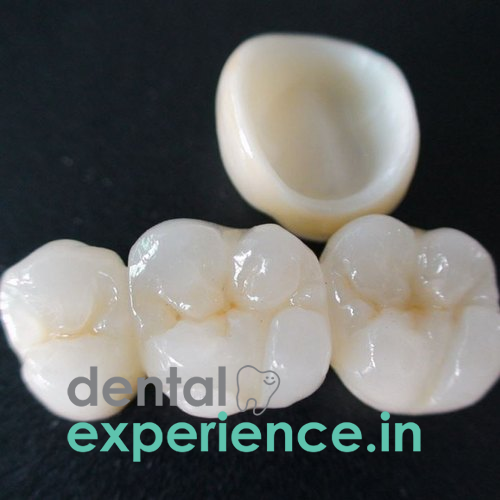You may have had a dental crown fitted in the past but what you may not know is whatever material they are made fr ..
Metal Free Dental Bridges
Introduction | Purpose | Ideal Patients | Types | Treatment Steps | Benefits | Advantages | Durability | Treatment Time | Cost | Risk & Complications | Disadvantages | Alternatives | Aftercare |
Fast facts

15,000-40,000/tooth
Nil recovery
Treatment Longevity :
Long-term
Treatment Duration : 30 minutes (2-3 sittings)
Maintenance required
Avoid biting down on hard foods and ice
Get yearly fluoride treatments
Brush and floss daily
Treatment Longevity
5-15 years (directly related to fractures, problems with tissues, and decay and oral hygiene maintenance)
